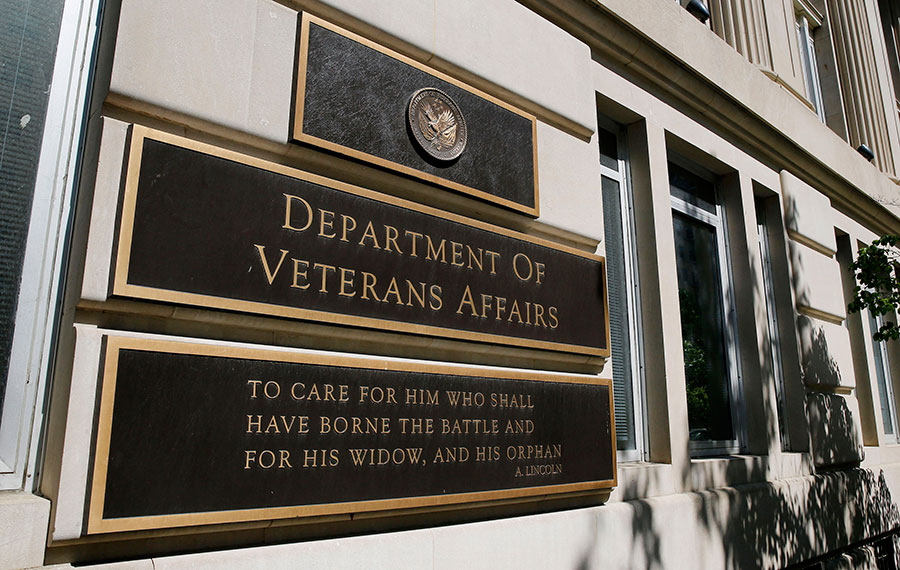A military veteran from Phoenix called Steven Cooper sued the Department of Veterans of the United States for alleged “medical negligence.” The lawsuit is for $50 million as Cooper, 45, has survived severe stages of prostate cancer.
The main argument used by Cooper consists on negligence by the nurse service provided by the Department of Veterans. Allegedly, the nurse that attended Cooper in 2011 did not ask him to undergo any extra tests like blood sample analysis or a specialist’s consultation. Cooper explains how these recommendations could have been crucial for the early detection of the dangerous disease.

However, the Department of Veterans states that their nurse service followed all the medical protocols established by the agency itself, and any considerations made regarding this matter must be invalid.
According to Cooper’s attorney declaration in the trial to Judge Michelle Burns, VA employee Shirlee Helton did not recognize the standards of healthcare needed for an examination when treating patient Cooper in 2011 at the Carl T. Hayden Medical Center.
Trial specifications
Medical notes released by the local medical center showed how Ms. Helton pointed out that Cooper’s prostate was “asymmetrical.” However, she failed to recommend the patient the conduction of crucial methods for the early detection of a disease like blood samples tests and a urologist opinion.
Cooper’s attorney, Gregory Patton, noted that the malignancy present in Cooper was not identified until one whole year later. At that moment, representatives from the Department of Veterans notified the patient that his disease was untreatable at the local medical center and that he should look for hospice care. However, Cooper was treated in a private medical institution where he underwent immediate radical surgery.
Patton also stated that this particular disease, prostate cancer, is treatable easily when detected early, as a regular operation can solve the presence of the malignancy. However, once the disease is spread to the lymph nodes a more radical surgery must be conducted, along with both radiotherapy and chemotherapy.
Elizabeth Sichi, an attorney for the Department of Veterans Affairs, said this Monday that Cooper’s disease was never identified as a “high risk” illness. This judgment was taken after considering the patient’s age, ethnicity, and lack of medical history.
She also explained that is common not to “panic” when detecting an asymmetrical prostate, as nurses often do not recommend patients to underwent through expensive and awkward procedures.
“There was not an indication of anything being wrong at all,” Sichi said. “What Ms. Helton did that day was acceptable in the medical community. In fact, many times the standard of care is to watch and to wait.”
According to Sichi, Cooper’s statement regarding the possibilities of curing the disease with early detection is “mere speculation.” She also questioned the amount of money asked by Cooper, as the $5 million number only represents prospective future earnings and the value of his life itself. Sichi concluded by explaining that Cooper’s intention with this trial is to acquire enough money to open his online university, as he has been unemployed since 2011.
Source: AZ Central
